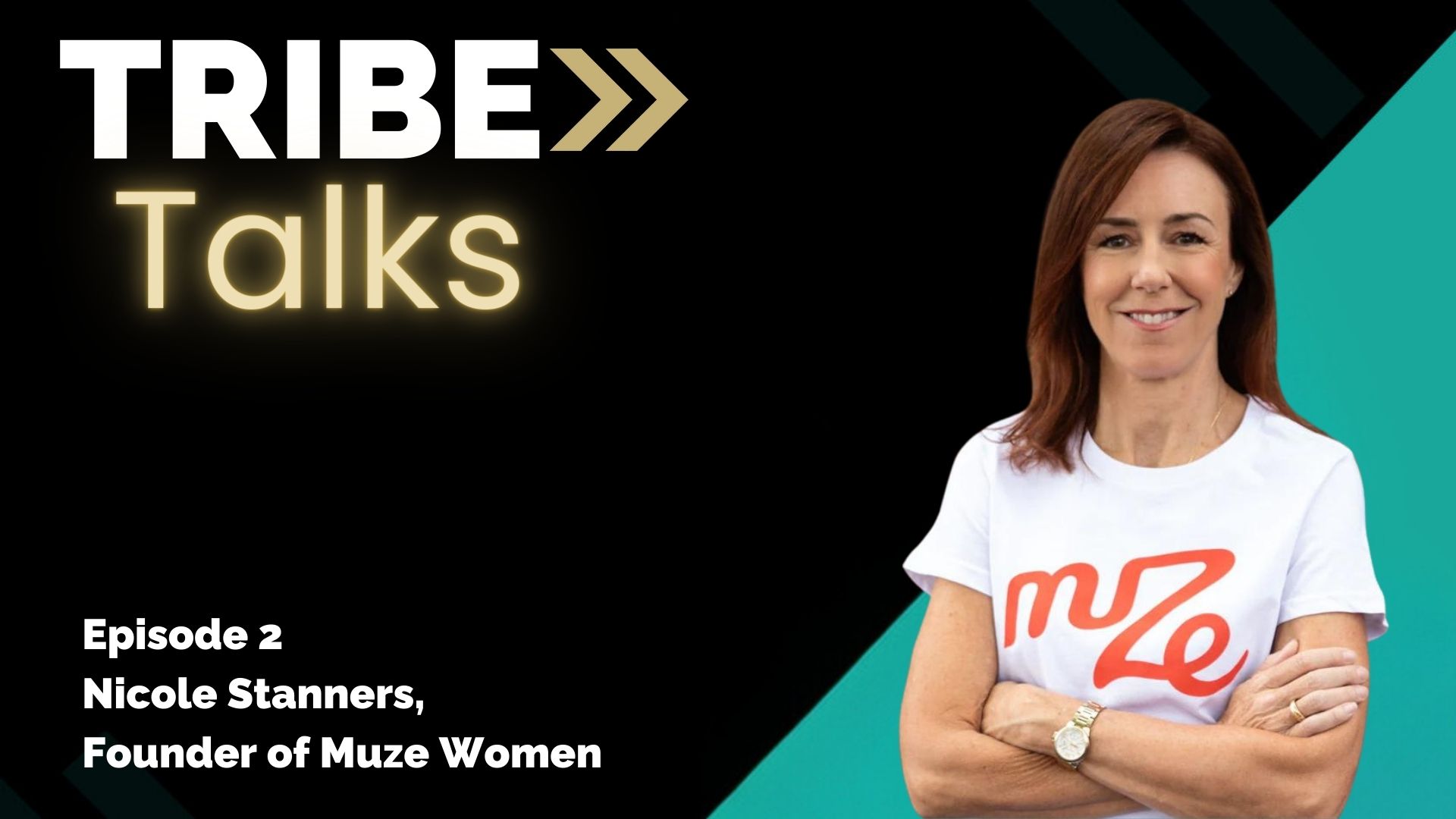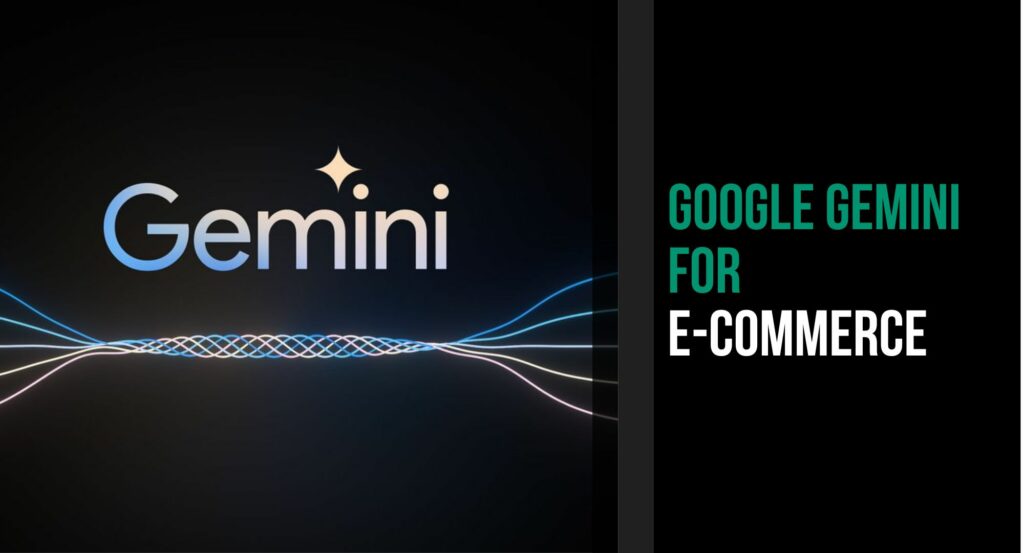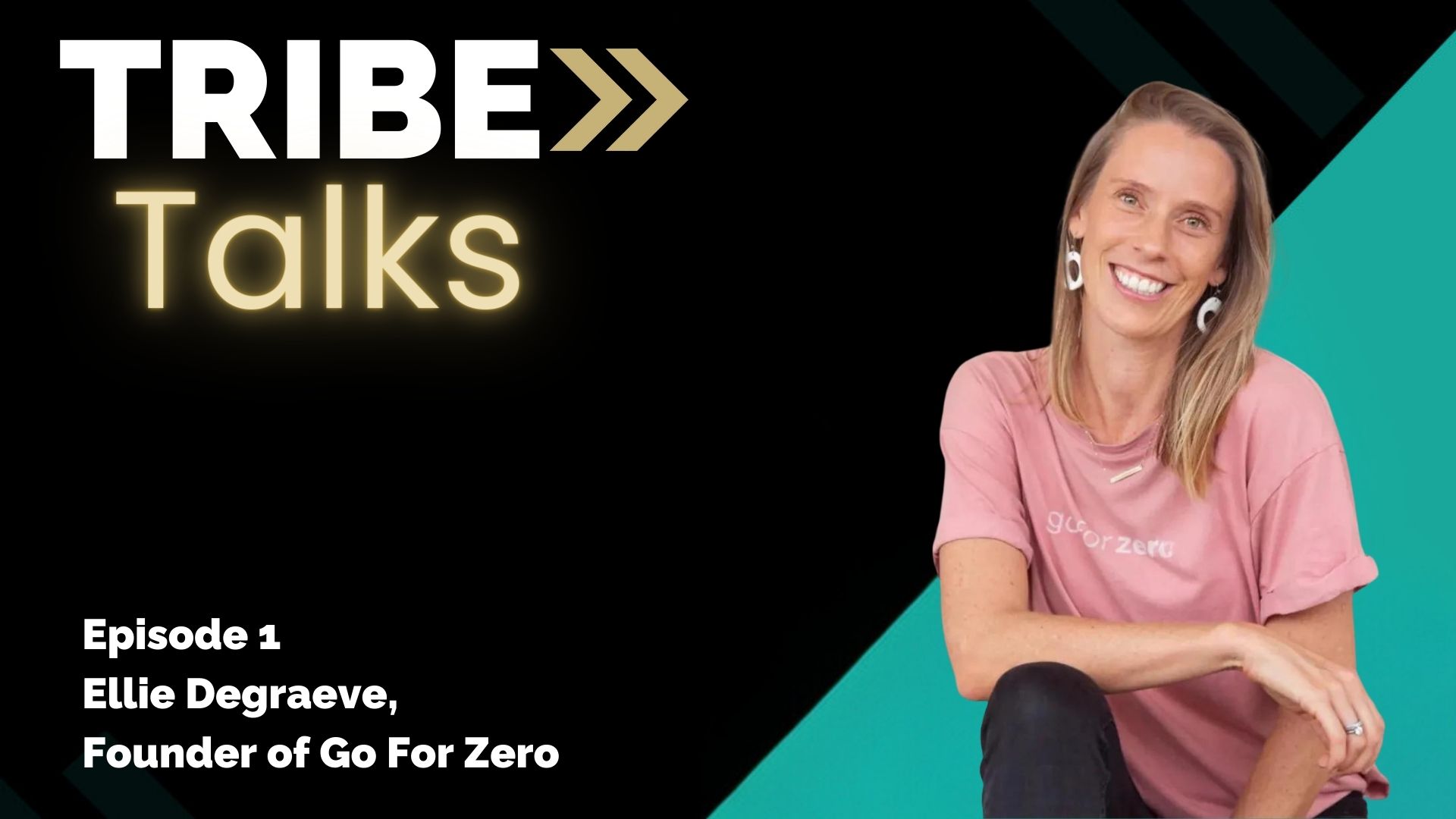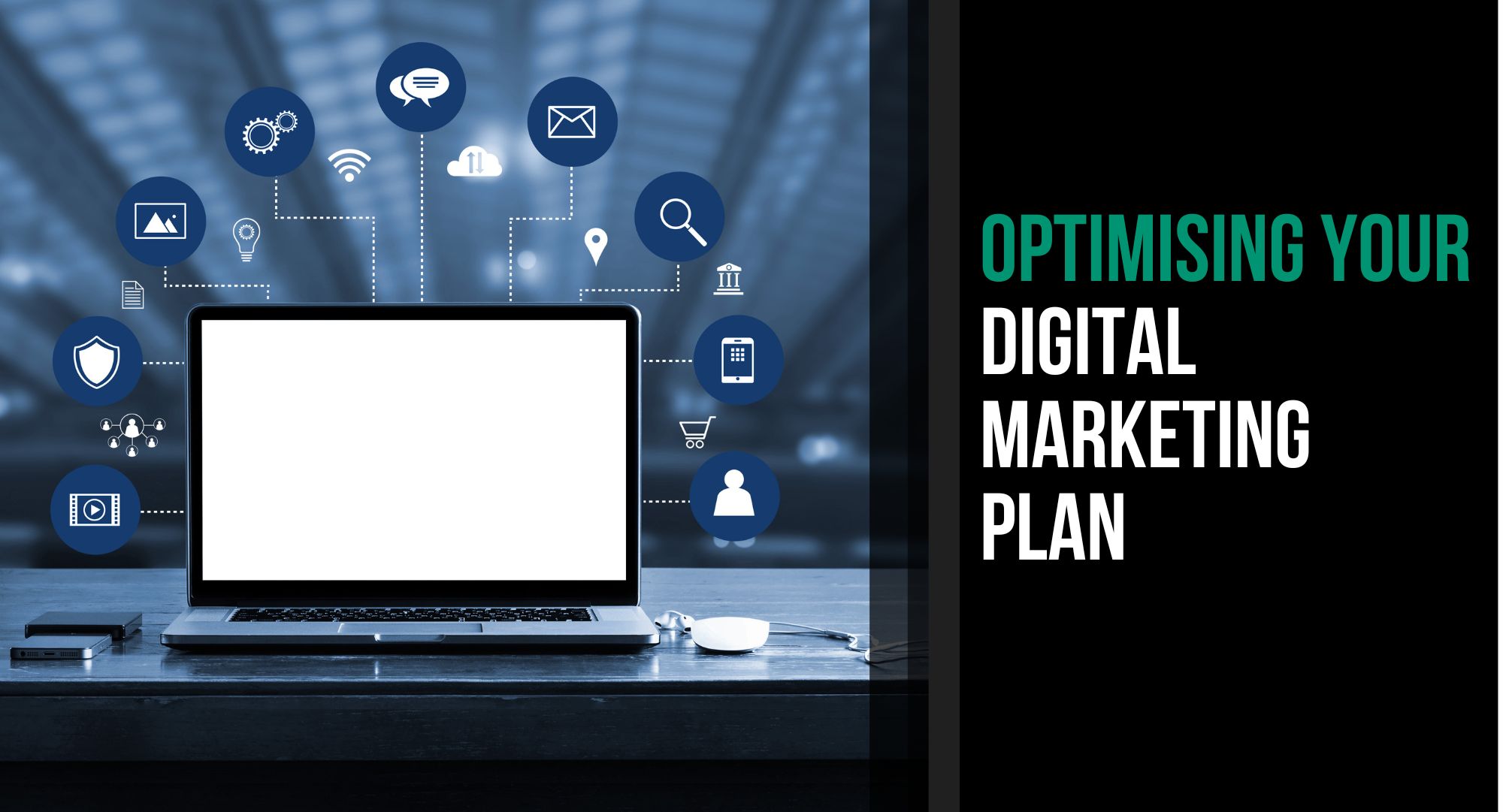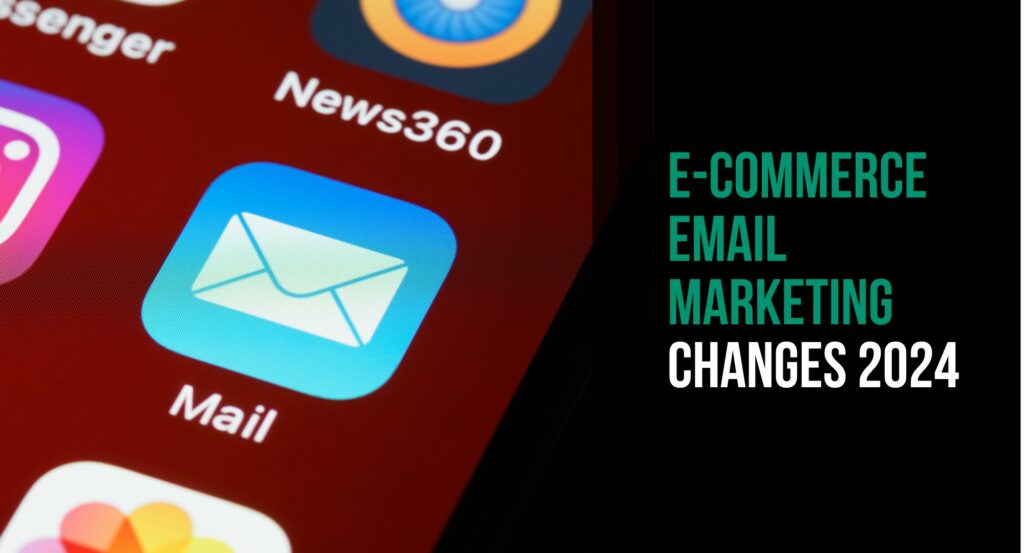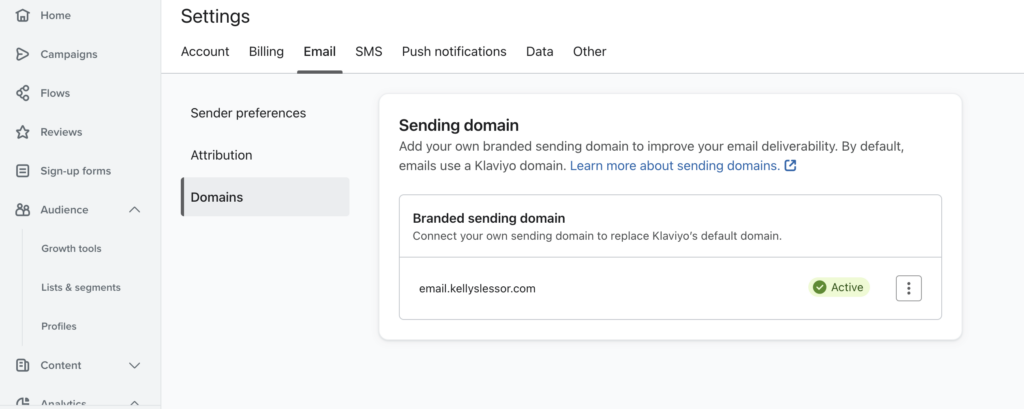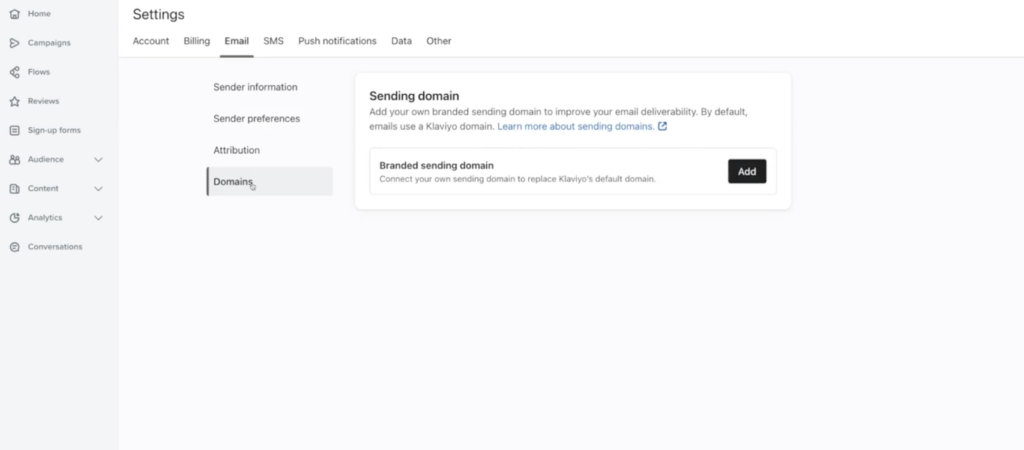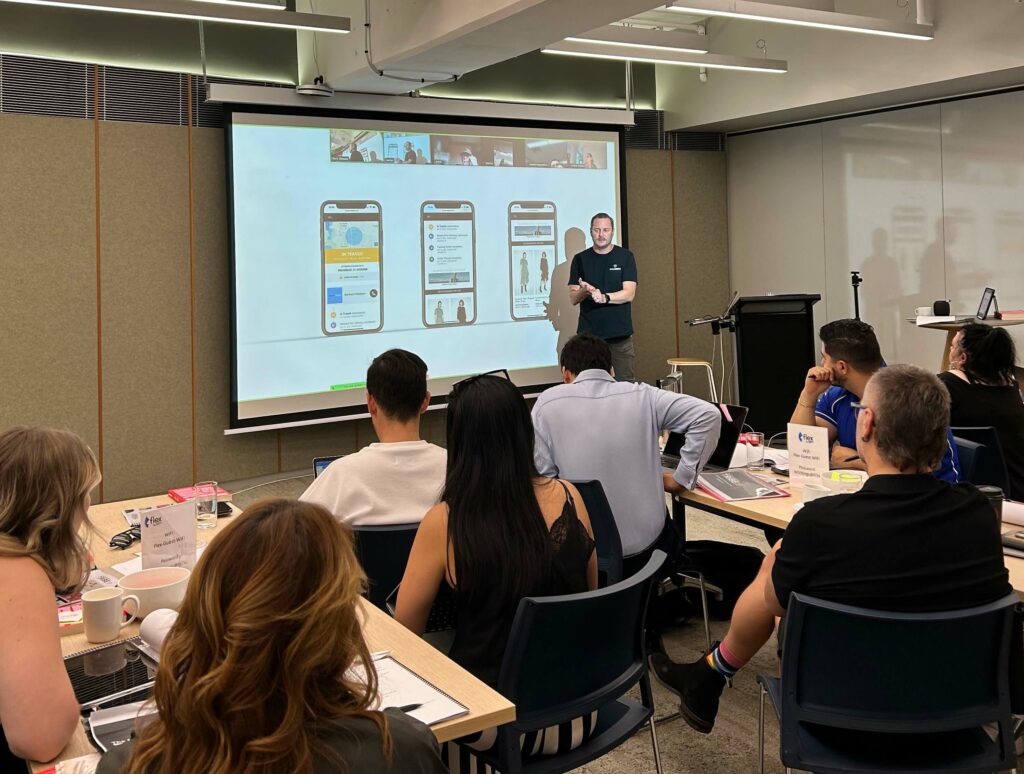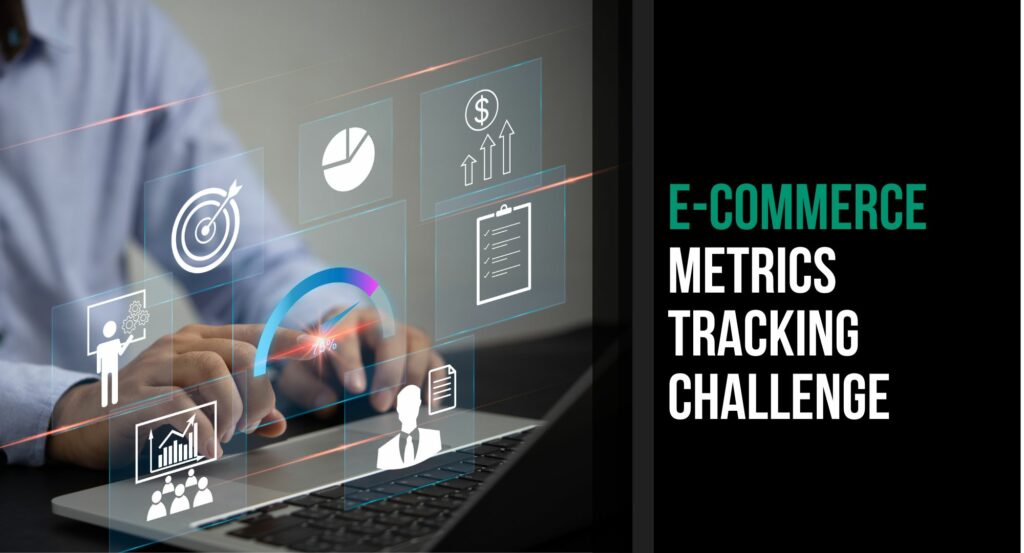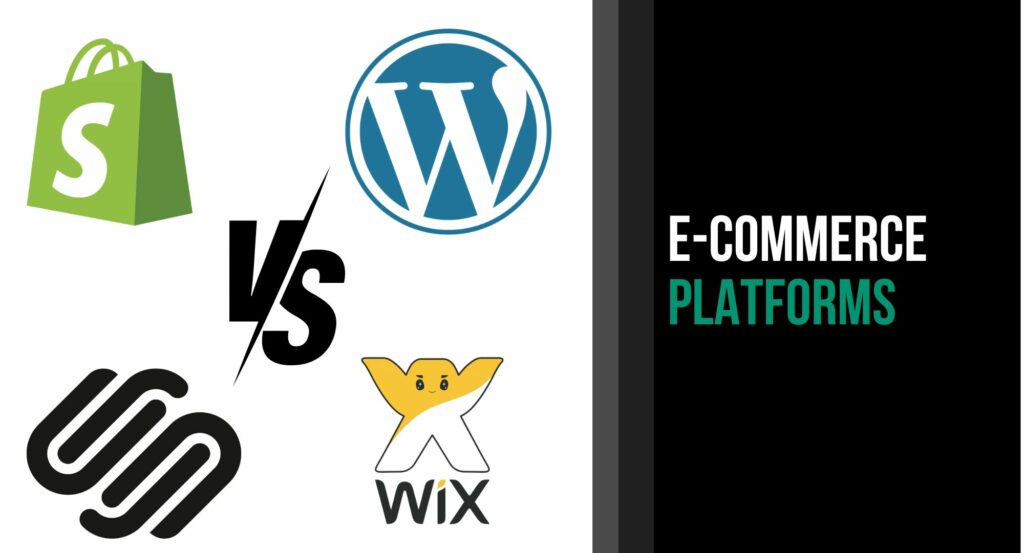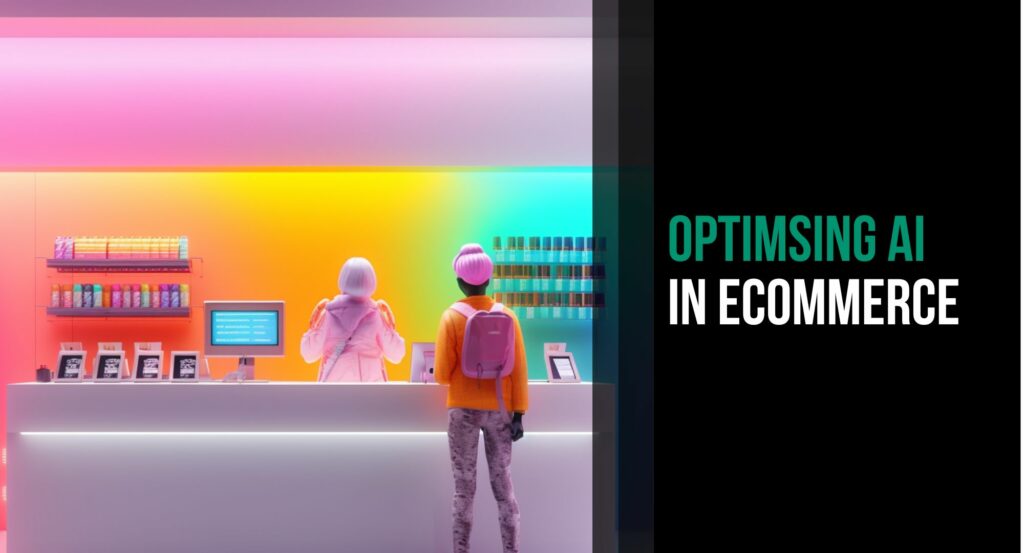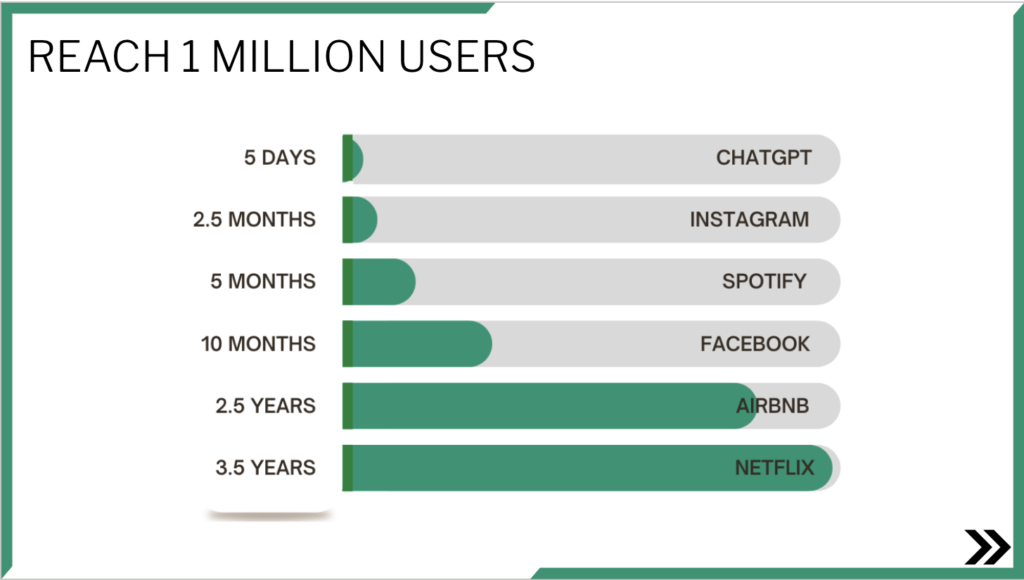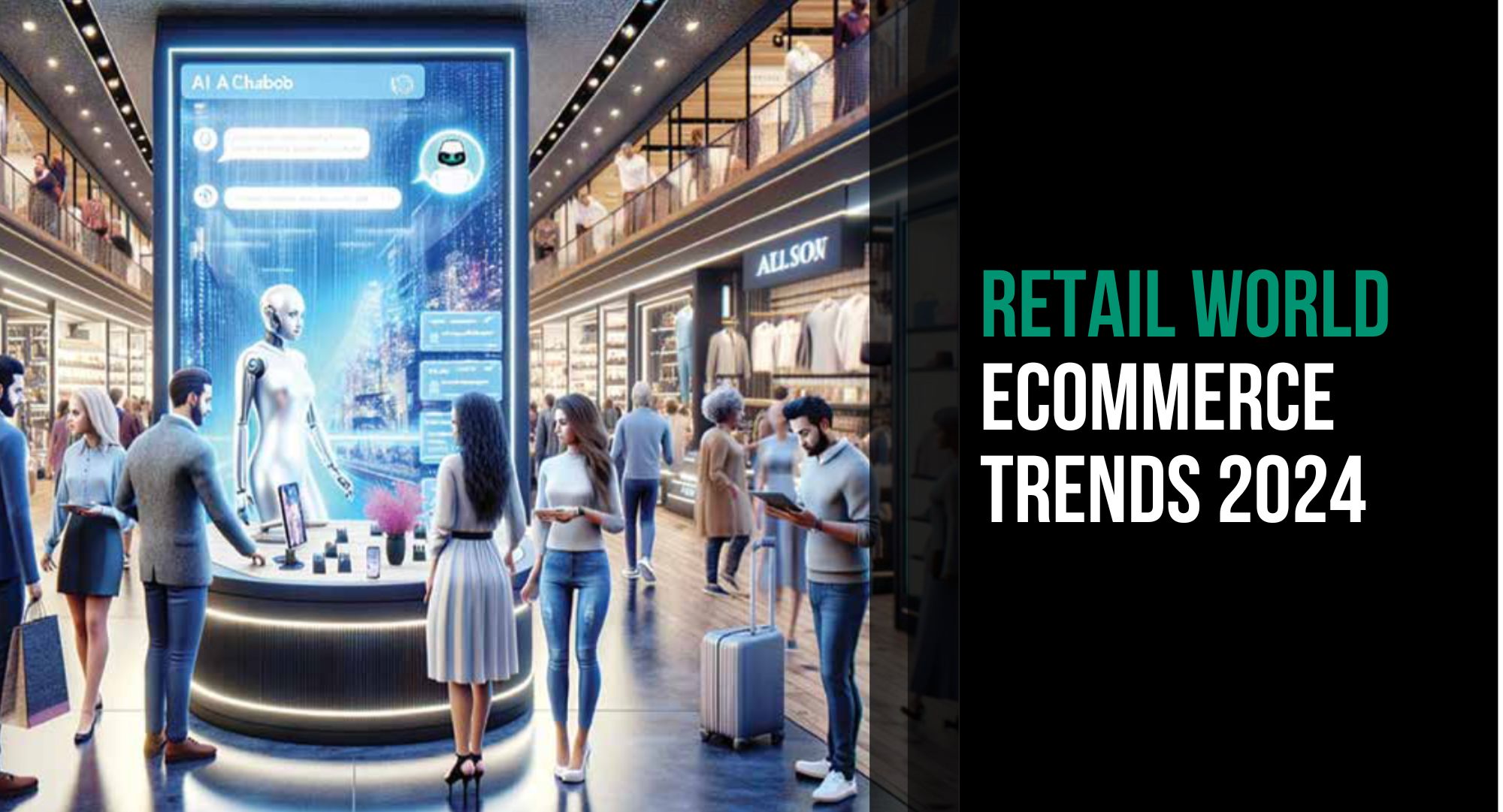Welcome to Episode 2 of Tribe Talks! Today, we’re diving deep into the world of ecommerce launches, giving you an exclusive insider look into what it takes to bring a new online store to life.
You may ask, what is an ecommerce launch?
An ecommerce launch refers to introducing and making a new online store available to potential customers. It encompasses various stages, including planning, development, testing, and finally, the public release of the ecommerce platform.
During an ecommerce launch, businesses typically focus on setting up the website, integrating payment gateways, sourcing products, establishing marketing strategies, building a database and audience and ensuring a smooth customer experience. An ecommerce launch aims to effectively introduce the brand, products, and services to the target audience and generate initial sales and traction for the online store.
Episode 2: An Insider Look into an Ecommerce Launch
The superstar Nicole Stanners, Founder of Muze Women, joined us to talk about her ecommerce launch and how she built a database and audience before launch—as well as her testing and feedback process and building good customer service in the early stages.
Let’s tune in…
About more Nicole
Nicole is an avid cyclist, triathlete, marketer and equality advocate.
Amongst other things, she’s completed four Ironman, two at the World Championships in Kona, and cycled 5000km across the States with a group of other, avid female cyclists in Race Across America. So, she has had plenty of opportunities to test kit and understand cycling culture!
Nicole is passionate about seeing more women be part of cycling at every level, whether they are size 6 or 16, pro, social roller or complete newbie on the bike.
“I want more women to be a part of cycling, at every level. I want to help build a sport that’s less intimidating, elitist and rule bound. One that welcomes women and allows them to rise to the top. Because when you find your tribe and get the support you need, cycling is a truly addictive sport”.
BIO
Kelly Slessor, is an Ecommerce Coach and a digital marketing expert. Passionate about retail, hospitality and retail service providers. As the founder and CEO of Shop You, an AI powered personalised virtual shopping mall she has spent 20 years building retail technology that responds to customer needs, drives conversions and increases revenue. Over the past year she has worked with over 1000 retailers and hospitality providers. If you want discover more about digital growth and optimisation, work with me.


